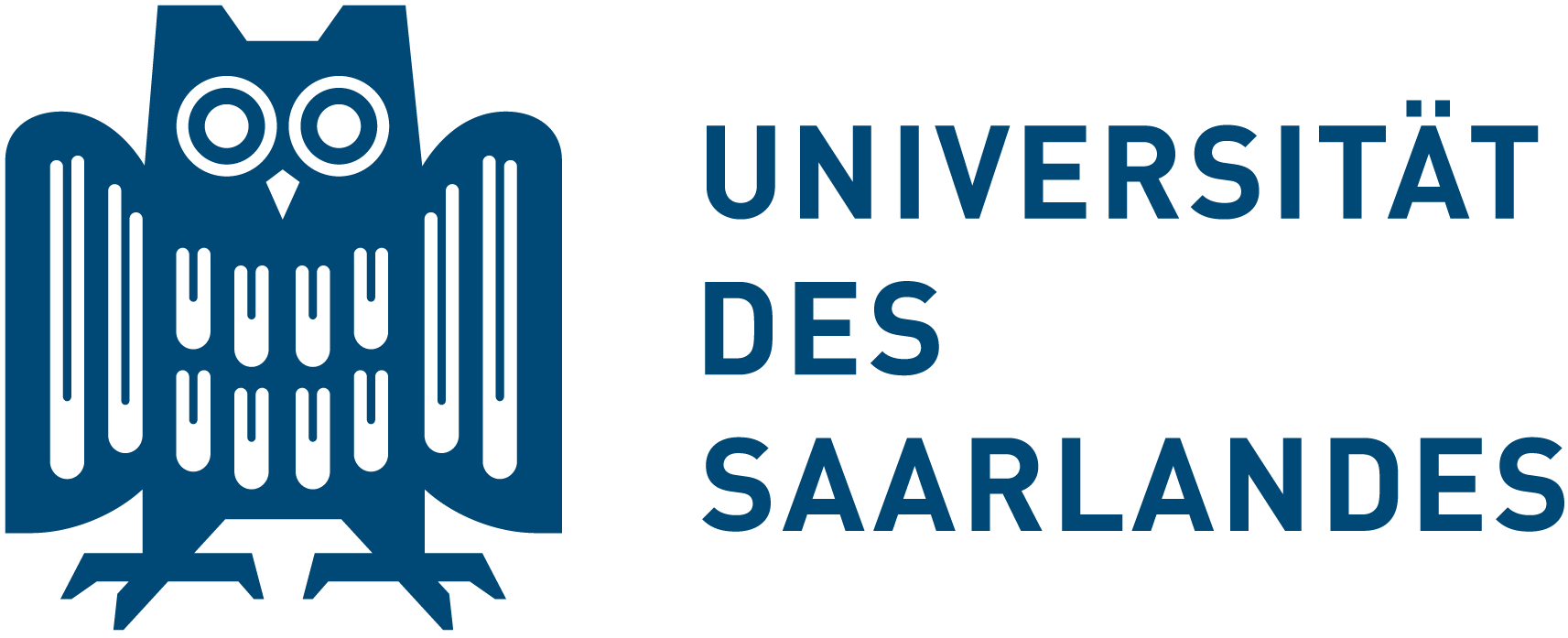Positions
Apply for all positions and research opportunities (HiWi, BSc/MSc thesis, PhD, Postdoc) using this form.
For HiWi and BSc/MSc thesis applications, currently, only applicants from UdS are accepted.
Research topics
The group has a special focus on robustness and societal impact of ML. While more examples of ongoing research projects can be found here, in the upcoming hirings we will mostly focus on finding candidates for the following projects:
Societal-Aware Machine Learning: The goal is to work together to develop ML algorithms that are agreed upon by all relevant stakeholders, and ultimately, trusted by society. We will develop the necessary methodology to enable quantifying and jointly optimizing the business goals of the owners (e.g., profit); the benefits of the consumers (e.g., information access); and the risks defined by the regulators (e.g., societal polarization). To that end, we will build upon, and also extend, the state of the art on relevant research areas, i.e., modeling human preferences, fair and explainable ML, and multi-objective ML, among others.
Ethical Machine Learning and Causality: The research of the group revolves around robust, fair and explainable machine learning, and we are always seeking applicants interested in these areas. In addition, these three desiderata for ML models can be often stated as “what-if” questions, for which causality provides an elegant mathematical framework. However, causal reasoning requires many assumptions that are hard to satisfy, or even confirm, in practice. To address this limitation, we (and soon maybe you?) are working on (deep) causal generative models, a new class of generative models that do not only accurately fit the data but are able to capture the true causal model generating the data and allow for causal interventions.
Requirements
PhD applicants should have a MSc (or in exceptional cases, a BSc) degree on CS, math or a related field, and demonstrate a strong background in machine learning, math/statistics and programming (ideally in Python using PyTorch).
Postdoctoral applicants should have (or be about to complete) a PhD in computer science or a related field and have demonstrated excellent research skills through a strong publication record in top ML venues, such as NeurIPS, ICML, ICLR, AISTATS, JMLR, etc.
All applicants should demonstrate sufficient spoken and written communications skills in English.
